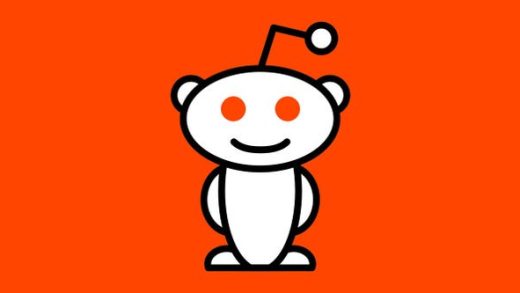Elon Musk is facing yet another lawsuit regarding the $1 million voter lottery run by his political action committee America PAC. It seems that in defending himself against the first lawsuit, he provided fuel for a second one.
Filed to a Texas District Court by an Arizona resident on Tuesday, the new 14-page class action lawsuit accuses Musk and America PAC of fraud and breach of contract relating to the $1 million giveaway launched last month.
Judge refuses to stop Elon Musk’s million dollar election ‘sweepstakes’
Open to registered voters in the seven swing states of Pennsylvania, Georgia, Nevada, Arizona, Michigan, Wisconsin, and North Carolina, Musk’s $1 million daily giveaway required participants to provide their personal information and sign a petition supporting the First and Second Amendments. Musk and America PAC offered $47 to each signatory “in appreciation for [their] support,” and stated that those who signed would also go into a random draw to win $1 million, with a new winner chosen each day from Oct. 19.
Tuesday’s class action now claims that the selection of $1 million winners wasn’t random at all, and that Musk and America PAC falsely stated it was in order to entice people to sign their petition.
The case specifically references statements made in a previous case concerning Musk’s giveaway brought by Philadelphia’s district attorney Larry Krasner. In said case, Krasner accused Musk and America PAC of running an illegal lottery, attempting to influence voters, and violating consumer protection laws by making “deceptive, vague or misleading statements.”
Of course, Musk denied such allegations. The defense claimed that the apparent lottery winners were in fact America PAC spokespeople, and that the ostensible $1 million winnings were actually paychecks. Further, each recipient was chosen based on their personal stories, and signed contracts with America PAC.
“The $1 million recipients are not chosen by chance,” said Musk’s lawyer Chris Gober. “We know exactly who will be announced as the $1 million recipient today and tomorrow.”
A judge ruled in favour of Musk on Monday, deciding that the $1 million America PAC giveaway could continue. Even so, the judgment initially appeared to have little material impact considering that the lottery was scheduled to end on Election Day regardless.
However, Musk and America PAC’s defense in said case directly contradicted their public claims that the winners of the $1 million giveaway would be chosen at random, sparking this new class action lawsuit just one day later.
“Defendants’ statements indicating that individuals who signed the petition would be chosen at random to win $1,000,000 were false, and Defendants knew those statements were false at the time they were made,” read the class action suit.
“Had Plaintiff been aware that she had no chance of receiving $1,000,000, she would not have signed or supported the America PAC petition and would not have provided her [personal identifying information] to Defendants.”
In addition to at least $5 million in damages, the lawsuit is requesting the destruction of all personal identifying information that Musk and America PAC collected from those who entered the supposed giveaway. Participants were required to provide their first and last names, email address, postal address, and phone number as a condition of entering the alleged lottery.
The lawsuit claims that Musk has profited off this supposed giveaway by driving traffic to his social media platform X (formerly known as Twitter), and that he can now profit further by using or selling participants’ personal information. Musk and America PAC largely failed to state how signatories’ personal information would be used or stored, the form merely noting that phone numbers specifically “will only be used to confirm you are the legitimate petition signer.”
“[The plaintiffs] having now discovered no legitimate lottery existed, and that they provided their personal identifying information to Defendants for nothing in exchange, now demand Defendant be enjoined from using the data or otherwise providing it to third parties,” the complaint states.
An NBC News report published last week found that of the $1 million lottery’s first 14 winners, nine were registered Republicans. Of the remaining five, three had publicly voiced support for Republican candidate Donald Trump, and one had described himself as a former Democrat. Not a single one of the winners were registered Democrats or visible supporters of Democratic candidate Kamala Harris.
Musk himself is a vocal Trump supporter as well, though he has previously refuted allegations that he’s using monetary incentives to register Republicans. The billionaire claimed that anyone who signed the petition had “a daily chance of winning” $1 million, and that they “can be from any or no political party.”
It might be technically true that supporters of any political party could sign the petition for a “chance” at the $1 million prize. However, considering the statistics on the actual winners and the revelations regarding how they’re chosen, it seems that your odds are infinitely better if your political beliefs align with Musk’s.













